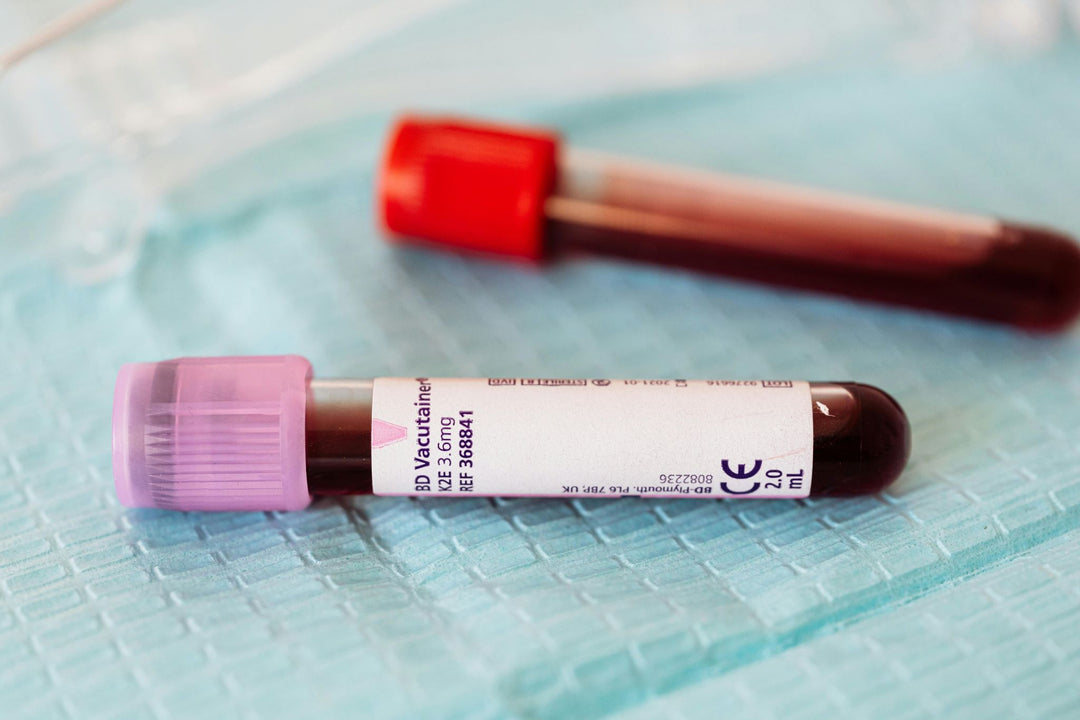The 11 most common STIs in Germany
The eleven most relevant sexually transmitted infections (STIs) in Germany:
-
Chlamydia Infection Chlamydia trachomatis is the most commonly reported STI in Germany. It can lead to infections of the genital organs, urinary tract, and eyes.
-
Genital Warts (Condylomata Acuminata) Caused by the human papillomavirus (HPV), these manifest as warts in the genital area.
-
Genital Herpes (Herpes Genitalis) An infection caused by the herpes simplex virus (HSV), leading to painful blisters in the genital area.
-
Gonorrhea (Clap) Infection with Neisseria gonorrhoeae can cause inflammation of the genitals, urinary tract, and other areas.
-
Syphilis This bacterial infection, caused by the bacterium Treponema pallidum, can progress through various stages if left untreated.
-
Trichomoniasis Infection with the protozoan Trichomonas vaginalis can lead to vaginitis in women and urethritis in men.
-
Hepatitis B A viral disease affecting the Hepatitis B virus (HBV), it can lead to liver damage and is transmitted sexually through the exchange of body fluids.
-
Hepatitis C Another viral disease affecting the Hepatitis C virus (HCV), leading to liver damage. While sexual transmission is possible, Hepatitis C is primarily transmitted through the exchange of infected blood.
-
Mycoplasma Genitalium The bacterium Mycoplasma genitalium affects the mucous membranes of the genital area and the urethra in both men and women, causing inflammation.
-
Mycoplasma Hominis The bacterium Mycoplasma hominis is normally present in the human urogenital tract and intestinal flora. Under certain conditions, it can trigger urinary tract diseases, inflammation of the prostate, or the renal pelvis.
-
Ureaplasma Urealyticum and Ureaplasma Parvum The bacteria Ureaplasma urealyticum and Ureaplasma parvum can colonize the lower genital tract in women. During childbirth, they can be transmitted from the mother to the child, causing pneumonia or central nervous system infections. In men, it can lead to a spreading infection starting in the urethra, progressing to cystitis and further spreading to the prostate, testicles, and kidneys.
It is advisable to undergo regular STI tests and educate oneself about safe sex and protective measures to minimize the risk of infection.
A test for STIs can protect you and your loved ones from infections and complications. Check out our CoviMedical Home Tests below to learn how you can easily, safely, and discreetly test for Chlamydia and other sexually transmitted diseases.



















